Trump orders national emergency on information security; Commerce Department follows with Huawei restrictions
- Trump’s order bars the use of telecoms equipment made by companies deemed a threat to US national security, threatening Huawei
- Move would stymie Huawei’s efforts to expand into critical 5G market, giving US a chance to play catch-up
US President Donald Trump signed an executive order on Wednesday declaring a national emergency, barring the use of telecommunications equipment made by companies that are deemed a threat to national security, clearing the way for an outright ban on products made by Huawei.
The Executive Order did not name China or Chinese companies specifically. However, separately, and soon after the order was signed, the US Commerce Department did just that.
The Commerce Department
after it concluded that the Chinese company was engaged in activities “contrary to US national security or foreign policy interests”. Inclusion in the list means that a US company, person or government agency purchasing Huawei equipment now requires a specific license “to export, reexport and/or transfer (in-country).”
The US government claims Huawei’s equipment poses a security risk because the company might acquiesce to demands from Beijing to allow access to networks and private user data – claims that the company and its chief executive, Ren Zhengfei, have
.
Meanwhile, Trump’s order says foreign adversaries are taking advantage of the US by exploiting vulnerabilities in the information and communications technology and services sector.
“This Executive Order declares a national emergency with respect to the threats against information and communications technology and services in the United States and delegates authority to the Secretary of Commerce to prohibit transactions posing an unacceptable risk to the national security of the United States or the security and safety of United States persons,” the White House said in a statement.
Pompeo takes aim at China, warning UK over Huawei and 5G
Speaking to reporters, a senior Trump administration official said the executive order was “company and country agnostic”.
Huawei’s inclusion in the Commerce Department’s list was based upon US Justice Department allegations that Huawei violated US sanctions imposed on Iran and engaged in “obstruction of justice in connection with the investigation of those alleged violations of US sanctions,” the department said in a statement after Trump signed his order.
“This will prevent American technology from being used by foreign owned entities in ways that potentially undermine US national security or foreign policy interests,” Commerce Secretary Wilbur Ross said in the statement.
According to a senior administration official briefing reporters, the Commerce Department will spend the next 150 days writing the rules to back up the order, issued under the 1977 International Emergency Economic Powers Act, which will cover any transaction pending or completed as of the order’s signing.
The administration official repeated that the order was aimed at “any transaction involving information and communications technology or services controlled by or subject to the jurisdiction of a foreign adversary”, declining to specify China.
However, lawmakers including South Carolina Republican Senator Lindsey Graham, chairman of the Senate Judiciary Committee, as well as Democratic Senators speaking at a congressional hearing on 5G communications technology security on Tuesday, have pointed to China as a key threat in this area.
“It’s not about overseeing Huawei. It’s about overseeing China,” Graham said.
Democratic Senator from Maryland Chris Van Hollen, who has sponsored several bills aimed at increasing scrutiny of operations at Huawei and
– another Chinese telecom equipment maker that faced US government sanctions – also piled on.
“For months we have raised the alarm on the clear and present danger that companies like Huawei and ZTE pose to American national security,” Van Hollen said. “In Congress, I will continue working on a bipartisan basis to protect our national security interests from the threats posed by Huawei and ZTE.”
The US government has already prohibited its agencies from using devices made either by Huawei or ZTE. Inclusion on the Entity List broadens this prohibition.
Huawei Chairman Liang Hua said on Tuesday in London that the company, the world's largest telecommunications equipment supplier, would include provisions in its government contracts not to facilitate "back door" espionage by Beijing.
Banning the use of Chinese-made 5G, or fifth-generation, technology comes at a critical time in US-China relations, given the imposition of tariffs by both sides over the past several months on hundreds of billions of dollars worth of goods.
More punitive duties are likely to come in the weeks ahead unless the world’s two leading economies can reach a trade agreement.
On Tuesday, Reuters reported Trump was due to sign the executive order sometime this week.
Seemingly in response, Geng Shuang, China’s Ministry of Foreign Affairs spokesman, said during a press briefing translated by the South China Morning Post, that the US was “abusing its power to maliciously smear and beat down on certain Chinese companies”.
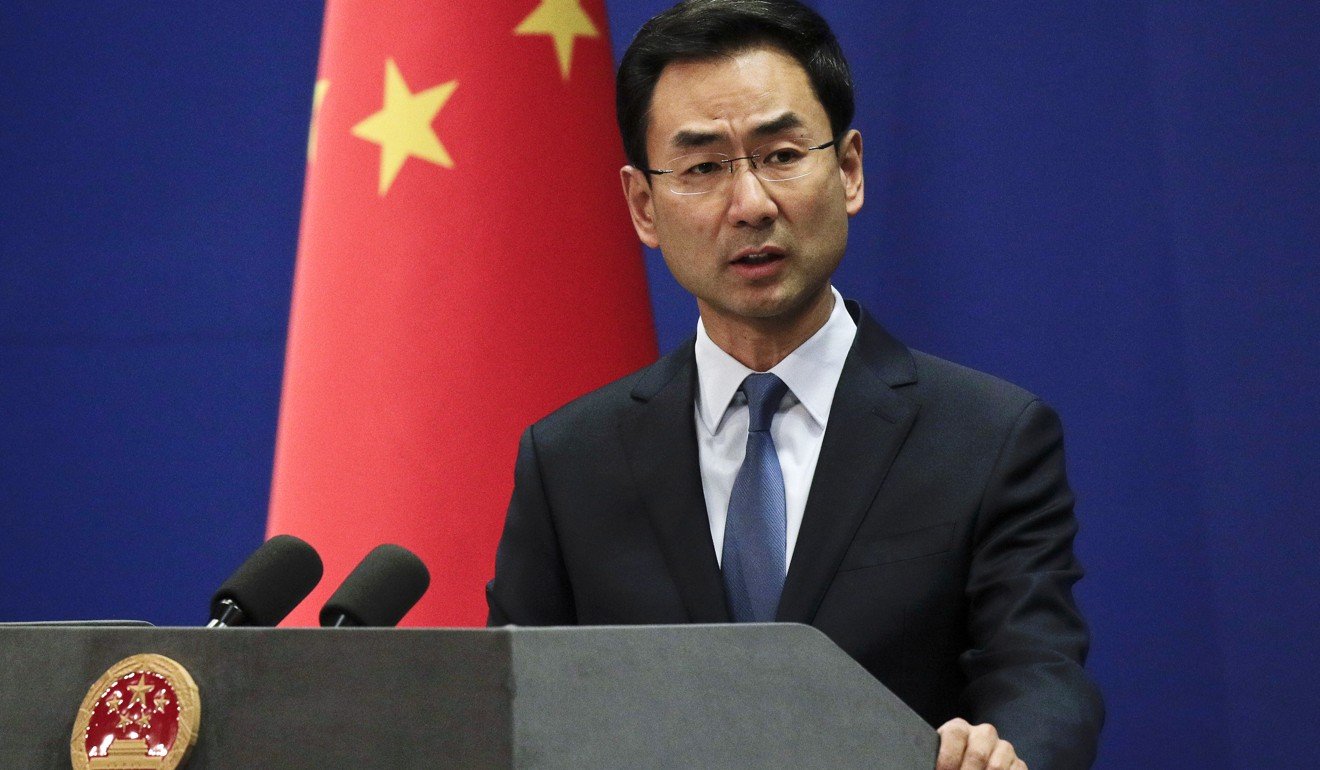
Chinese Foreign Ministry spokesman Geng Shuang has accused the US of “abusing its power to maliciously smear and beat down on certain Chinese companies”. Photo: AP
“We urge the US to stop using the pretense of national security to carry out its unreasonable suppression of Chinese companies, and to provide a fair and just environment for Chinese companies investing and operating normally in the US that is free of prejudice.”
In December,
, Huawei’s chief financial officer and daughter of founder Zhengfei, was was detained by Canadian authorities at the request of the United States government. US authorities accuse her of defrauding HSBC bankers by falsely depicting Huawei’s alleged operations in Iran, in breach of US sanctions. She is fighting extradition.
PLAYING CATCH-UP
The US is
against foreign rivals, including China.
Last month it unveiled plans for the
to support the development of 5G, the mobile communications technology predicted to revolutionise the so-called internet of things.
At the time Trump called the competition to develop 5G a race
.
5G, which promises wireless communications delivered 100 times faster than current standards, could enable the development of autonomous driving, smart cities and virtual reality, and bring billions of dollars in economic benefits to nations that can keep up with the technology.
Its importance was highlighted by its inclusion in the December 2017 US National Security Strategy outlined by the Trump administration.
The US stance has split many of its European allies.
Britain’s foreign intelligence chief has said that an outright Huawei ban may be excessive, while Italy’s deputy prime minister asserted that his country’s intelligence had
about the Chinese company.
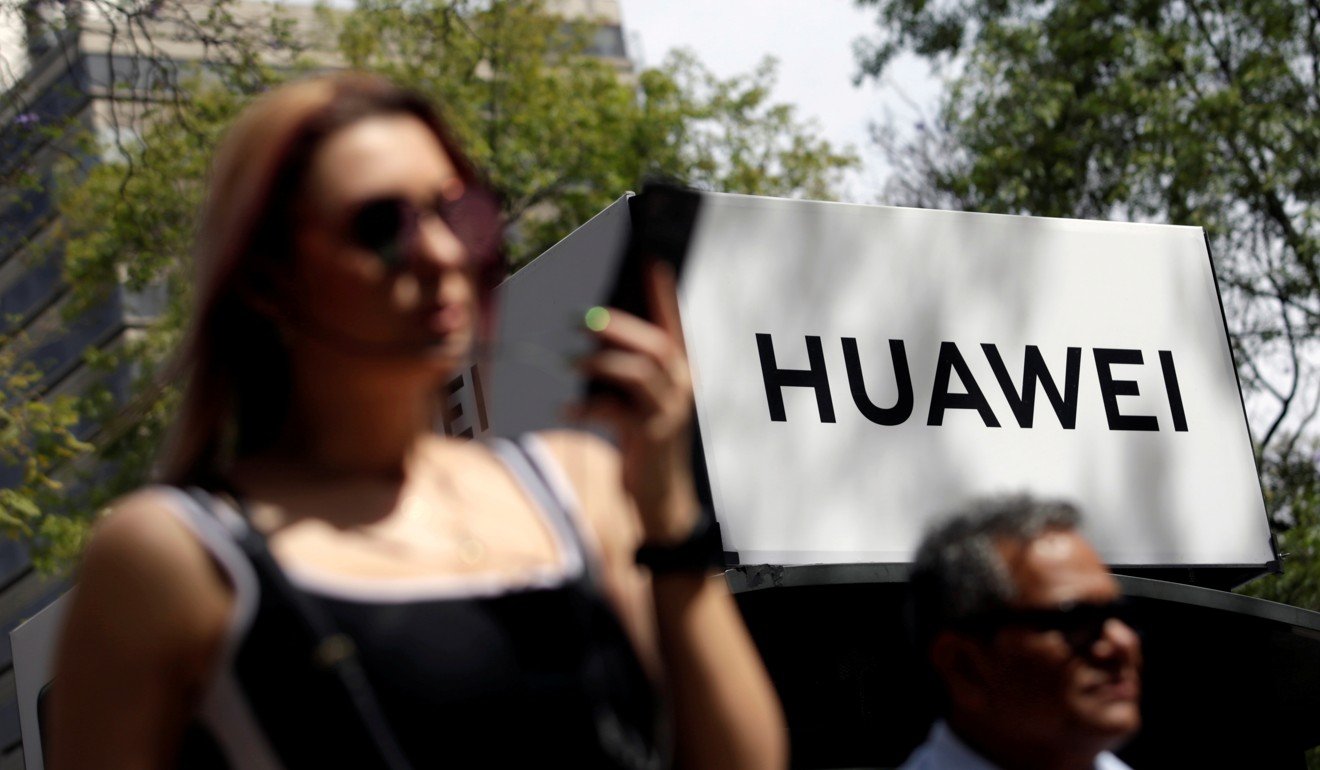
A Huawei company logo at a bus stop in Mexico City. Photo: Reuters
has said that any restrictions cannot involve targeting specific companies but will have to involve security standards for all potential service providers.
While China has its 5G champion in Huawei, Finland has Nokia and Sweden has Ericsson. The US, however, has no hardware maker ready to come to market with scale and depth.
Additional reporting by Owen Churchill and Robert Delaney
US Commerce Department places China’s Huawei and 70 affiliates on trade blacklist
- Being put on US ‘Entity List’ will make it much harder for telecoms giant to buy parts and components from US companies
- Commerce secretary says Trump backed decision to prevent US technology from being used by foreign entities to ‘potentially undermine US national security’
The Huawei logo outside its factory campus in Dongguan in March. Photo: Reuters
The US Commerce Department said on Wednesday it is adding Huawei Technologies Co Ltd and 70 affiliates to its so-called “Entity List” – that bans the telecom giant from buying parts and components from US companies without US government approval.
US officials said the decision would also make it difficult if not impossible for Huawei, the largest telecommunications equipment producer in the world, to sell some products because of its reliance on US suppliers.
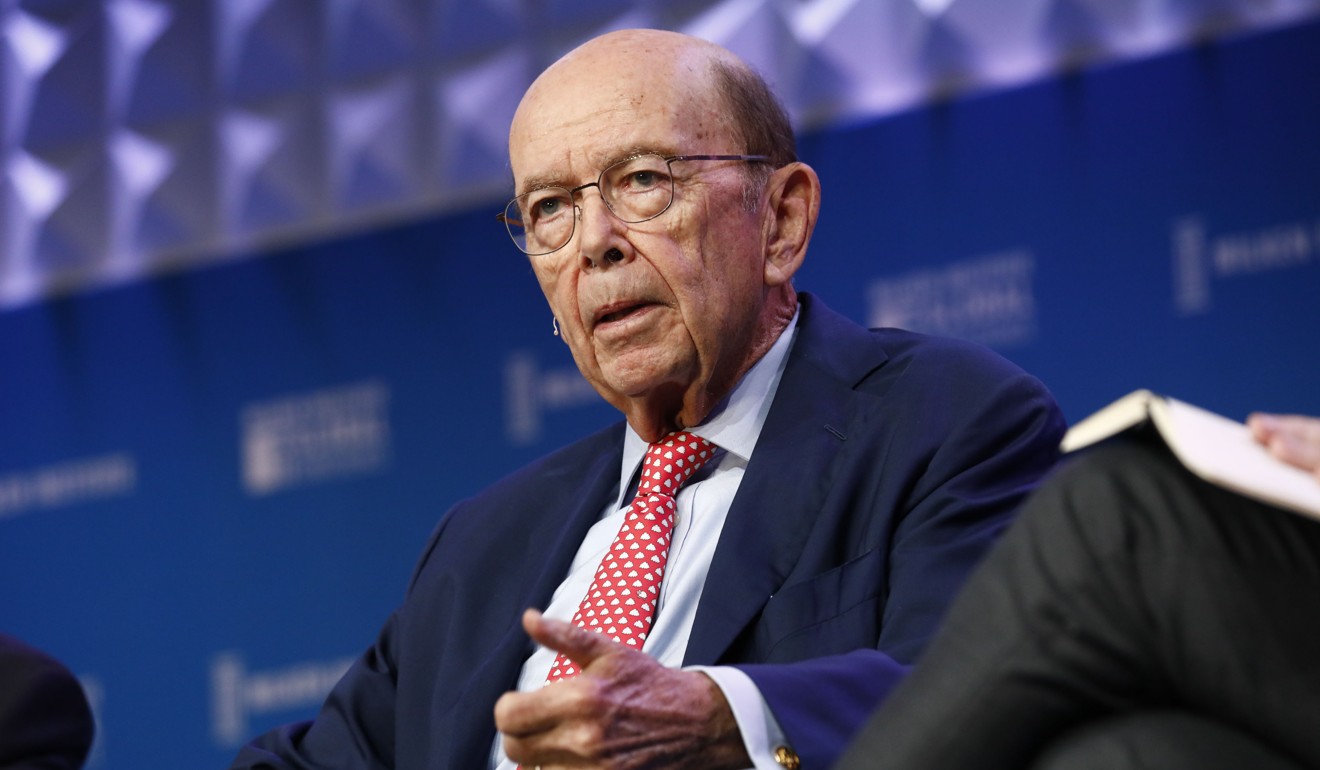
US Commerce Secretary Wilbur Ross at a conference in Beverly Hills in April. Photo: Bloomberg
Under the order that will take effect in the coming days, Huawei will need a US government licence to buy American technology. Huawei did not immediately comment.
Commerce Secretary Wilbur Ross said in a statement that US President Donald Trump backed the decision that will “prevent American technology from being used by foreign owned entities in ways that potentially undermine US national security or foreign policy interests”.
Separately on Wednesday, the president signed an executive order declaring a national emergency barring the use of telecommunications equipment made by companies that are deemed a threat to national security. While the order did not name China or Chinese companies specifically, it clears the way for an outright ban on products made by Huawei.
The Trump administration has aggressively lobbied other countries not to use Huawei equipment in next-generation 5G networks and the blacklisting takes place in the wake of new tariffs on Chinese goods amid an escalating trade war.
The Commerce Department said the move comes after the US Justice Department unsealed an indictment in January of Huawei and some entities that said the company had conspired to provide prohibited financial services to Iran. The department said it has a reasonable basis to conclude that Huawei is “engaged in activities that are contrary to US national security or foreign policy interest”.
Huawei reported first-quarter revenue of US$27 billion last month and said it had shipped 59 million smartphones in the first quarter.
In March 2016, the Commerce Department added ZTE Corp to the entity list over allegations it organized an elaborate scheme to hide its re-export of US items to sanctioned countries in violation of U.S. law.
The restrictions prevented suppliers from providing ZTE with US equipment, potentially freezing the Huawei rival’s supply chain, but they were short-lived. The US suspended the restrictions in a series of temporary reprieves, allowing the company to maintain ties to US suppliers until it agreed to a plea deal a year later.
Huawei’s supply chain depends on contracts with American companies
In August, Trump signed a bill that barred the US government itself from using equipment from Huawei and ZTE.
Senator Ben Sasse, a Republican, said “Huawei’s supply chain depends on contracts with American companies” and he urged the Commerce Department to look “at how we can effectively disrupt our adversary”.
Beijing threatens to respond to US after Donald Trump repeats plan to keep trade war tariffs in place
- US president accuses Beijing of attempting to negotiate with his political opponents to avoid having to make concessions
- Trump tweets a day before Chinese Vice-Premier Liu He is to arrive in Washington for trade talks
US President Donald Trump tweeted on Sunday that he intended to raise tariffs on US$200 billion worth of Chinese goods from 10 to 25 per cent. Photo: AFP
China said it would have no choice but to respond to any further escalation of the trade war with the US, following the latest comments by US President Donald Trump that he intends to maintain punitive tariffs on Chinese imports.
Taking to Twitter on Wednesday morning, Trump reiterated his intention to keep the tariffs and accused Beijing of attempting to stall talks in hopes that it can negotiate a trade deal with a future Democratic administration.
Just a day before Chinese Vice-Premier Liu He is scheduled to arrive in Washington for an 11th round of talks, Trump wrote that the Chinese delegation hoped “they will be able to ‘negotiate’ with [Democratic presidential candidate] Joe Biden or one of the very weak Democrats, and thereby continue to ripoff the United States (US$500 billion a year) for years to come”.
“Guess what, that’s not going to happen!” Trump added.
Trump tweeted on Sunday that he intended to raise tariffs on US$200 billion worth of Chinese goods from 10 to 25 per cent.
That change will take effect on Friday, according to a special filing announced on Wednesday in the US government’s Federal Register.
Acknowledging that Washington would go ahead with the additional tariffs, Beijing shot back on Wednesday with a Commerce Ministry announcement that “the escalation of trade tensions did not suit the interests of the people of the two countries or the people of the world”.
The Chinese government “deeply regretted” the latest development, said the official announcement, adding that, if Washington imposed the higher tariffs, “Beijing will have no choice but to implement countermeasures”.
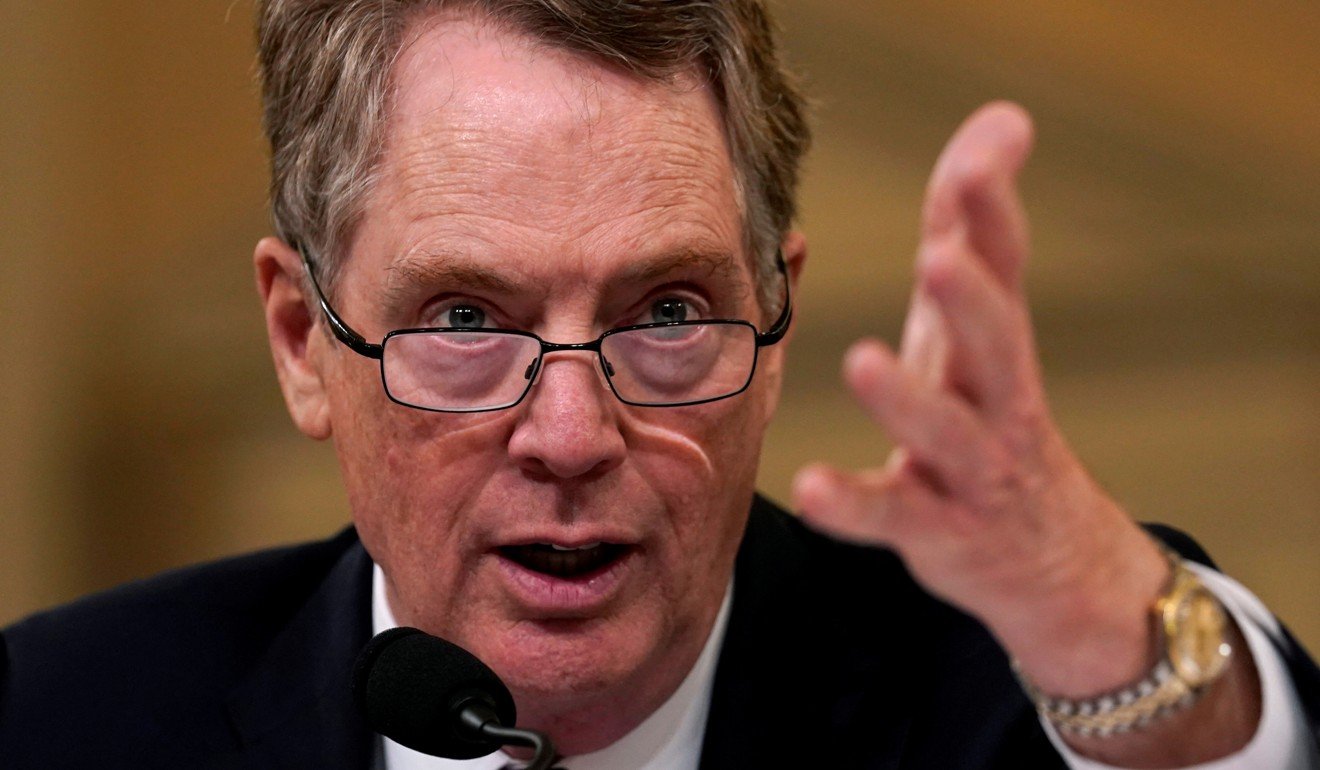
US Trade Representative Robert Lighthizer accused China’s trade negotiators of “reneging” on commitments reached during talks in Beijing. Photo: Reuters
Despite the escalating war of words, however, White House spokeswoman Sarah Huckabee Sanders said on Wednesday that Beijing had indicated that it wanted to make a deal.
US Trade Representative Robert Lighthizer, who is scheduled to meet with Liu in Washington, on Monday accused Beijing’s trade negotiators of “reneging” on a number of commitments during recently concluded discussions in Beijing, and confirmed that the US would increase tariffs on billions of dollars of Chinese imports on Friday.
The Chinese Commerce Ministry’s response could have been more strident, suggesting that Beijing is trying to keep the door open for a resolution, said James Green, a former East Asia minister counsellor for trade at the US’s Beijing embassy from 2013 to 2018.
The statement “is the bare minimum they would have to say”, said Green, who is now a senior adviser at the Washington-based consultancy McLarty Associates. “They can’t say nothing because this is all over the press, the president’s tweets are garnering a lot of headlines, the stock markets are gyrating.”
“Considering the inter-agency fighting, [the Commerce Ministry] doesn’t want to leave it up to the Foreign Ministry to say something. ... It’s a sign that the Chinese have been and continue to put an emphasis on negotiation over confrontation,” he added.
There may be a lot to negotiate. Citing several unnamed US government sources, Reuters said Chinese negotiators had backtracked on almost all aspects of a draft trade deal being worked on by both sides.
Tweeting on Wednesday, Senator Marco Rubio, a Florida Republican, applauded Trump’s recent escalation of pressure on Beijing.
“Thank you for staying strong,” Rubio, a loud and insistent China hawk in Congress, said in a retweet of Trump’s Wednesday morning message.
“However, I do believe it’s just as likely that they are coming [to Washington] to manage how to end the negotiations. No deal is better than a bad deal.”
Trump’s latest comments and the Federal Register notification confirm fears among investors that a worsening trade war will cut into profits and revenue of multinational companies dependent on supply chains running between the US and China.
The 10 per cent duty on US$200 billion worth of goods went into effect on September 24, the third stage of tariff implementation on the US side. That phase began in July in response to a Section 301 investigation into Chinese industrial policies.
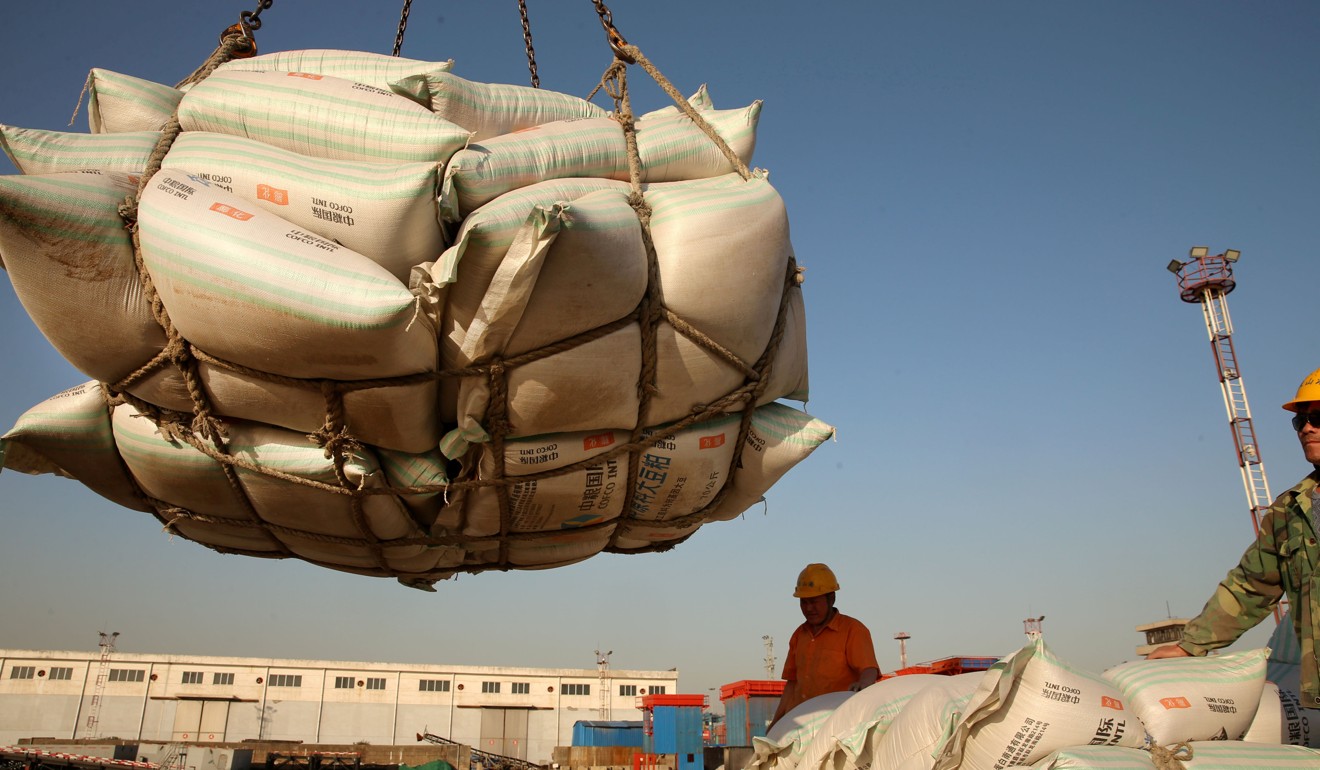
Beijing has previously responded to Trump’s punitive duties with tariffs on US imports, starting with soybeans and other agricultural products. Photo: Reuters
The investigation cited a list of practices that it claimed disadvantaged foreign companies trying to access the Chinese market.
Chief among them: “China uses joint venture requirements, foreign investment restrictions and administrative review and licensing processes to require or pressure technology transfer from US companies” and “China deprives US companies of the ability to set market-based terms in licensing and other technology-related negotiations.”
Products that will carry the higher import tariffs include a wide swathe of seafood, meat and processed food items, industrial metals and chemicals, as well as plastics, leather, rubber and goods made from these materials.
Until now, most footwear, sports equipment and apparel products have not been affected.
Beijing has responded in each stage with tariffs on US imports, starting with soybeans and other agricultural products.
Trump threatened on Sunday to put tariffs on another US$350 billion in Chinese imports “shortly”, but did not mention this threat in his latest round of tweets on Wednesday.
His remarks came a week after Biden, a front runner among the Democratic candidates, said while campaigning in Iowa that China was “not competition” for the US.
“China is going to eat our lunch? Come on, man,” Biden said, provoking scornful responses from Republicans, analysts and even some in his own party.
Generally, however, support for the Trump administration’s aggressive trade stance against China has not necessarily fallen along party lines, with many prominent Democrats applauding not only the broader move to hold China accountable on unfair practices but also the use of tariffs to achieve those goals.
After the announcement in June of the first round of tariffs on Chinese imports, for example, Senate Minority Leader Chuck Schumer said Trump’s actions were “on the money”.
“China is our real trade enemy, and their theft of intellectual property and their refusal to let our companies compete fairly threatens millions of future American jobs,” Schumer said.
After Biden’s remarks last week, fellow Democratic candidate Bernie Sanders said it was “wrong to pretend that China isn't one of our major economic competitors”.
“When we are in the White House we will win that competition by fixing our trade policies,” Sanders, a senator from Vermont, said on Twitter.
Signalling that a Democratic president would not necessarily be, in Trump’s words, “weak” on China, Sanders has also called for the current administration to take further steps against Beijing, such as labelling it a currency manipulator.
‘No more concessions’. Why is China playing hardball in trade war talks with the United States?
- Chinese state media and sources say China will give no more ground in the face of Trump’s tariff threats
- Liu He’s US trip confirmed for Thursday, and will be shorter than expected
Vice-Premier Liu He will be in Washington from Thursday. Photo: Xinhua
Chinese Vice-Premier Liu He will go to the United States on Thursday to continue trade negotiations, the Ministry of Commerce said on Tuesday.
The trip, scheduled for two days, is shorter than expected. The South China Morning Post reported on Monday that Liu was preparing for the trip.
The trip comes as uncertainty hangs over the negotiations after US President Donald Trump’s announcement that he would increase punitive tariffs on US$200 billion worth of Chinese products from 10 per cent to 25 per cent.
It also comes amid
that Beijing will not respond to Trump’s threats with concessions.
In a commentary published on its WeChat account on Tuesday, People’s Dailywarned the US to “not even think about” concessions.
“When things are unfavourable to us, no matter how you ask, we will not take any step back. Do not even think about it,” the commentary said.
The article was first published through Taoran Notes, a social media account used by Beijing to signal the leadership’s thinking and manage domestic expectations.
It is the first official Chinese opinion piece since Trump went on Twitter to announce the tariff increases because the trade talks were going “too slowly” for his liking.
Until Trump’s escalation, Washington had described the talks as “constructive”, adding they were close to a deal in the year-long war.
Sources said President Xi Jinping earlier vetoed extra concessions proposed by his negotiators. “Xi told them ‘I’ll be responsible for all possible consequences’,” one of the sources said.
Chinese negotiators subsequently presented a tougher proposal to Washington, although it is not clear if they pitched an amended proposal to Xi after the latest round of talks in Beijing last week.
Shanghai-based political analyst Chen Daoyin said that from China’s perspective, the nation that had the will and power to stay firm until the last moment would remain standing.
“President Xi and his administration have a very firm stand, showing no signs of backing off in the face of challenges,” Chen said. “Xi’s Chinese dream to make a stronger nation has also limited his team’s ability and flexibility to handle external issues.”
He also said that the focus of the Politburo, the country’s top decision-making body, had changed in the last two months, with less attention on the nation’s economic situation.
“The latest Politburo meeting did not focus on economic stabilisation as it had done in February. Leaders may feel the impact of tariffs on China’s economy is not as grave as expected,” Chen said.
A diplomatic source told the Post that China tried to keep the trade war out of the spotlight when it hosted the
in late April, and Beijing needed to present a win in the trade talks in time for the 70th anniversary of the People’s Republic in October.
This year also marks the 30th anniversary of the
, and the centenary of the May Fourth Movement, a series of patriotic student protests against the Western imperialism in the aftermath of first world war.
In a research note, Simon Evenett, a visiting professor with Johns Hopkins University, and Gary Hufbauer from the Peterson Institute for International Economics, said that “seen from Beijing’s viewpoint, the downside from a failed deal and higher US tariffs is diminished now that Chinese stimulus plans are in place”.
“Plus, would President Xi risk making concessions in a year that is the anniversary of so many iconic Chinese events?” they said.
Arthur Kroeber, research head of Hong Kong-based Gavekal Dragonomics, said the risk would rise that the “brinkmanship” would be detrimental to a deal and it would take longer for both sides to reach an agreement.
“China’s revived economy has emboldened its negotiators to resist US demands to cut back industrial subsidies and forced technology transfers,” Kroeber said.
“Meanwhile, hardliners in the US – who include not just national security hawks but also labour bosses and Democratic Party leaders like Charles Schumer – have amped up their criticism that Trump is not extracting enough concessions from Beijing.”
In trade talks, China has agreed to improve market openness and intellectual property protection, as well as make big purchases from the US, according to people familiar with the negotiations.
But the parties have yet to reach a deal on an enforcement mechanism that would not diminish China’s sovereignty but would ensure China lived up to its commitment. At the same time, China has held off on US demands to make fundamental changes to its industrial policy and reduce subsidies to state-owned enterprises.
“If China meets US demands on structural changes and an enforcement mechanism, it will be a humiliation for Chinese when nationalism is on the rise at home. This is unacceptable for the Chinese leaders,” Chen said.
Any outcomes in the trade talks, such as market access and IP protection, would also be applicable to China’s other trading partners under the World Trade Organisation.
In talks with leaders in Europe and partners in the
, China had defended global multilateralism without offering too many concessions that would affect the Chinese economy, Chen said.
Kroeber noted that Xi “used half of his speech” in his opening remarks at the Belt and Road Forum to position Beijing’s concessions in trade talks as driven by China’s own development needs, rather than by US pressure.
“This showed that Xi was ready to sign the deal, and was building the political rhetoric needed to sell it at home,” he said.
China-US rivalry has escalated in other areas. Two US warships sailed near disputed islands in the
on Monday, passing within 12 nautical miles of the Gaven and Johnson reefs in the Spratly Islands, the third time this year that Washington has challenged Beijing’s maritime claims in the region.
And at a 5G security conference in Prague last week, the US and its allies singled out national security concerns posed by Huawei Technologies, the Chinese telecom giant at the epicentre of 5G competition with the US.
“The tensions with the US are escalating across the full range. The supreme leader’s determination and will will determine how the situation is handled. But China-US relations will only worsen,” Chen said.
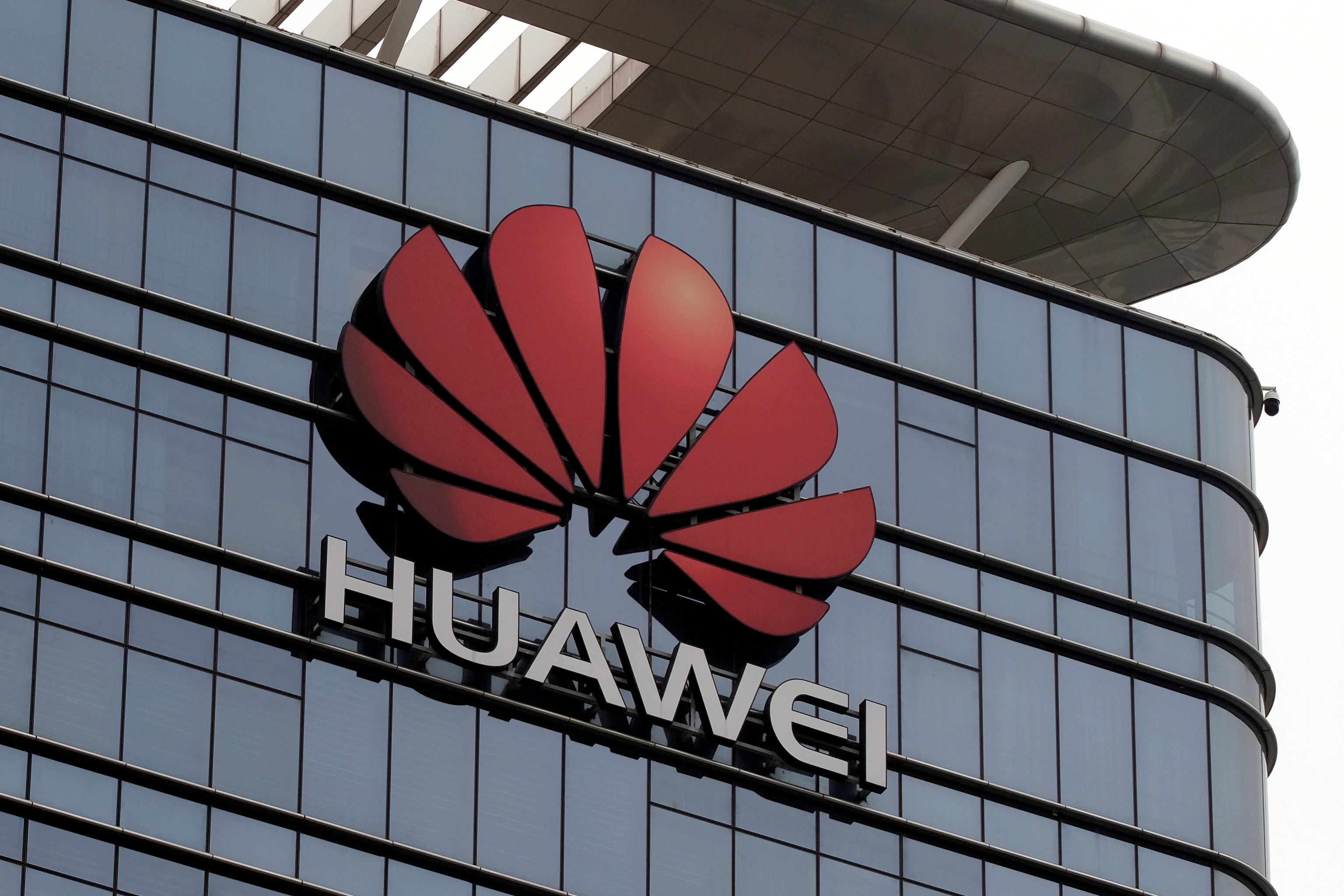
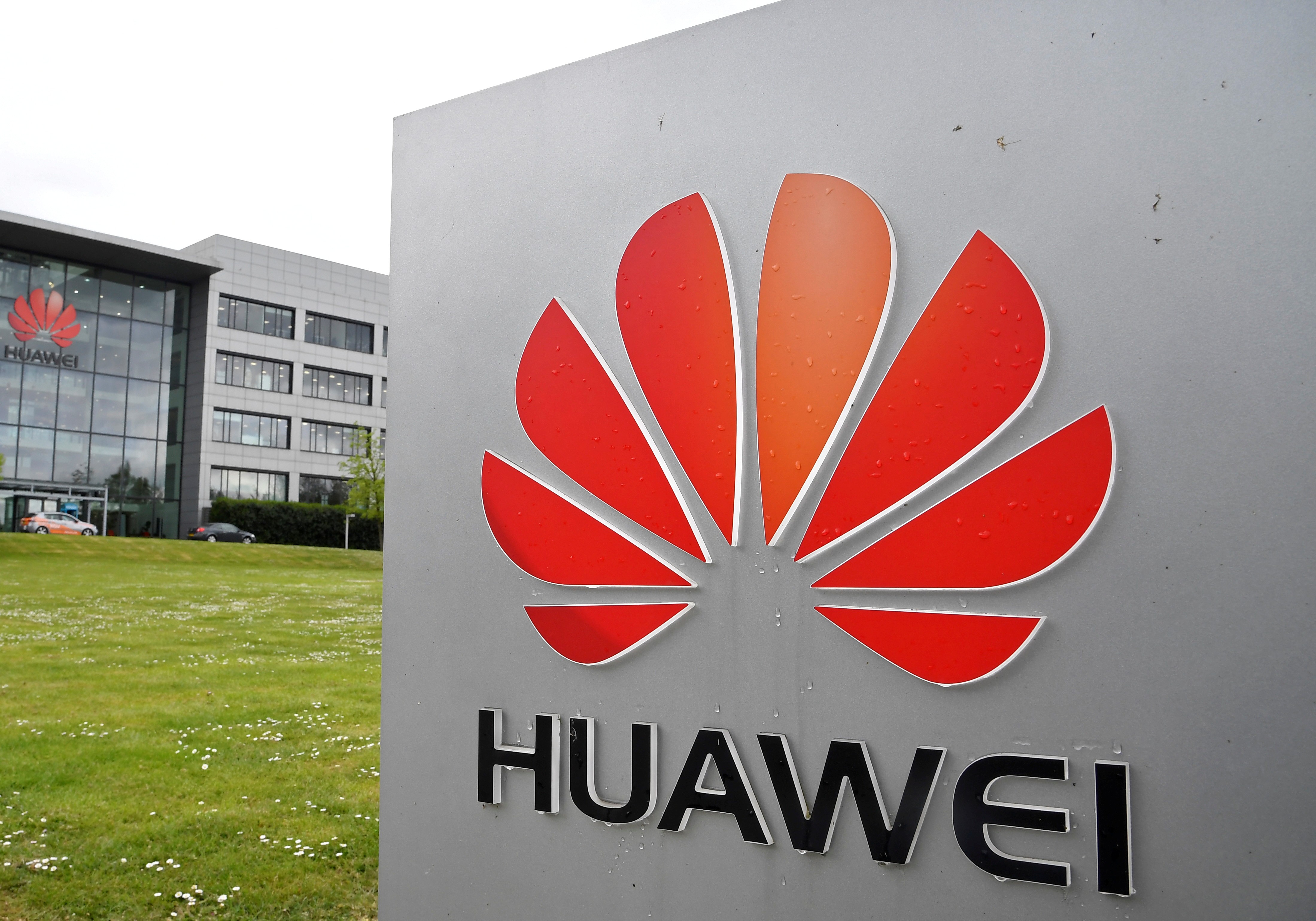
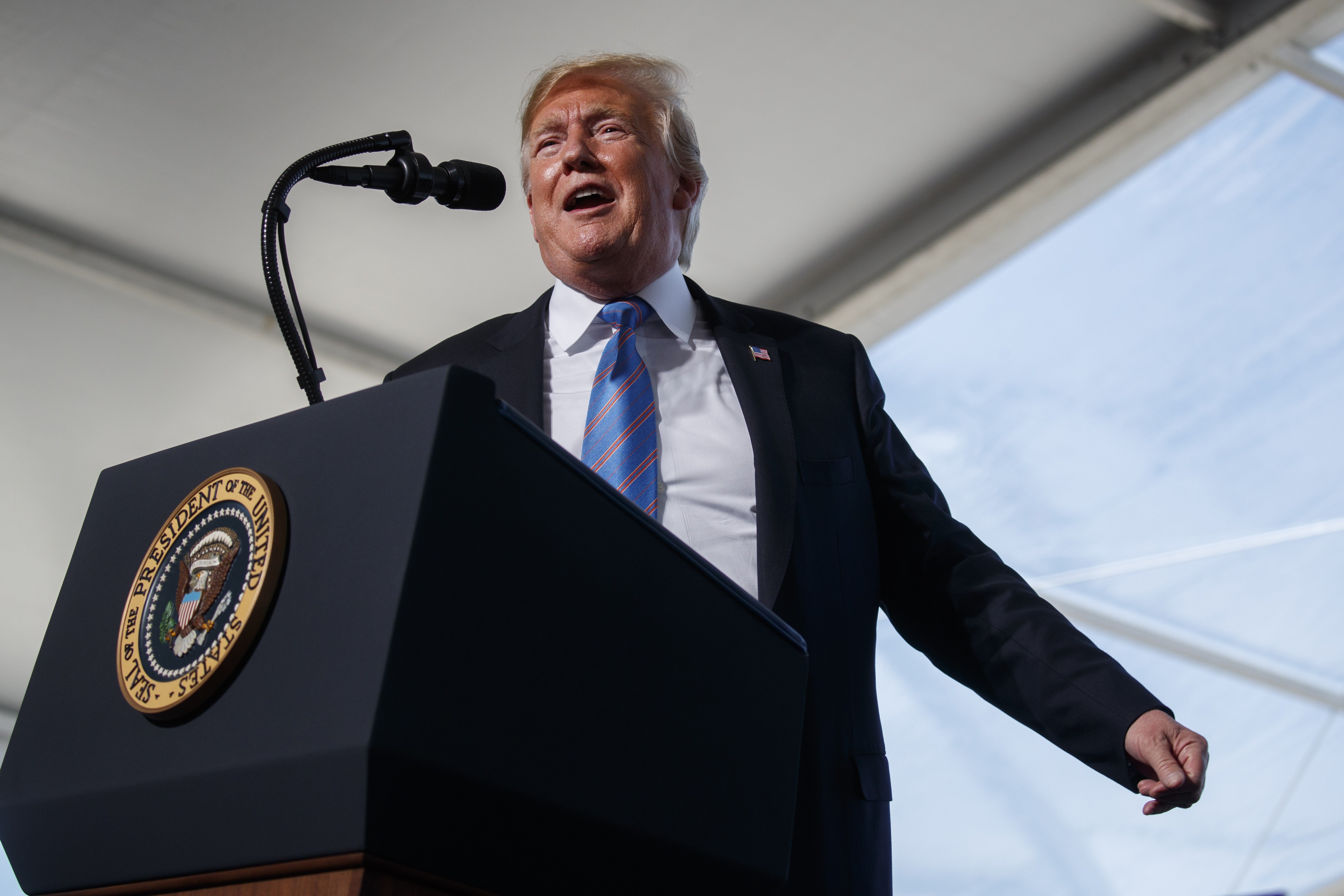
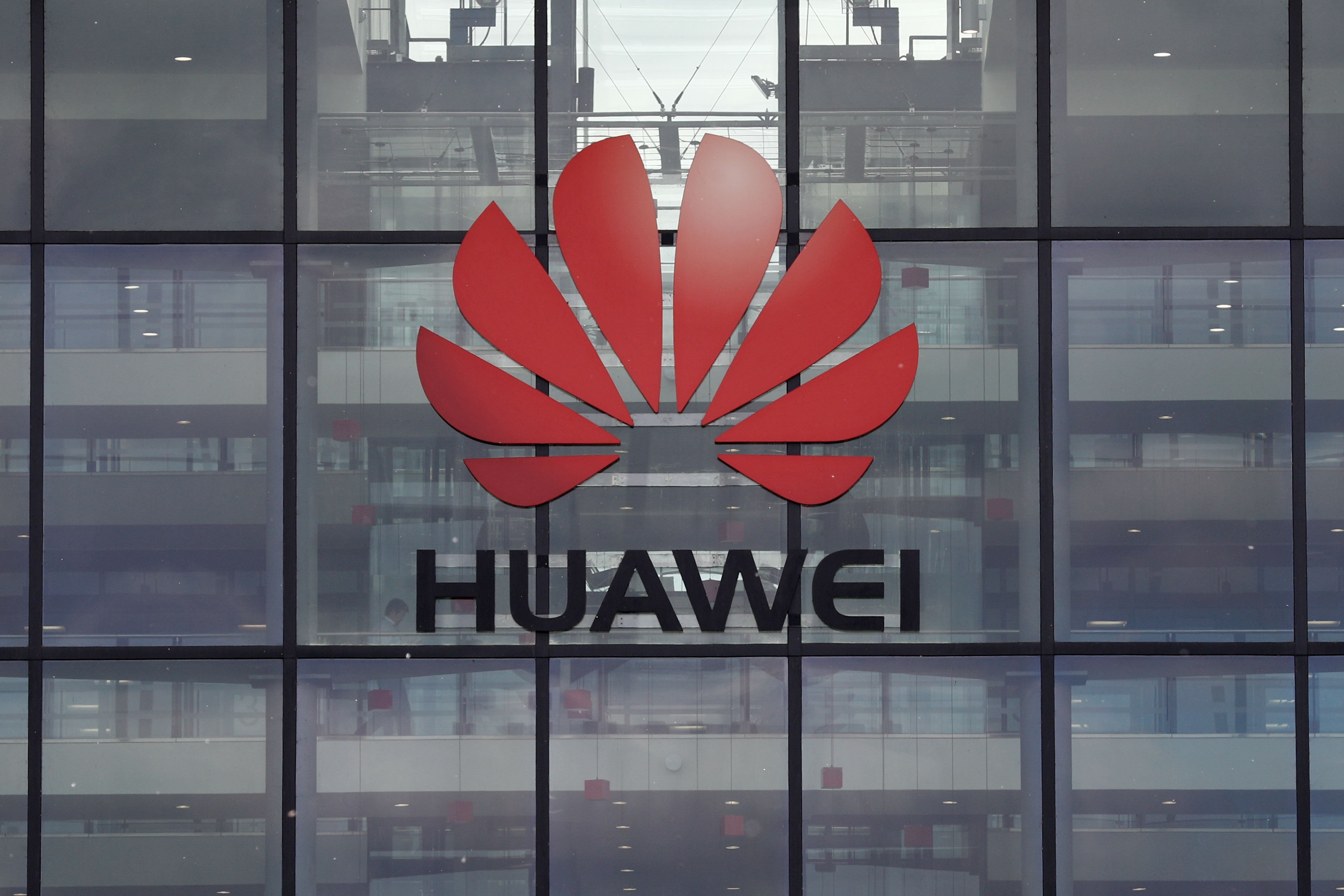

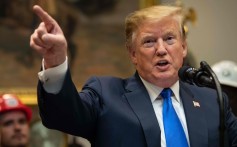
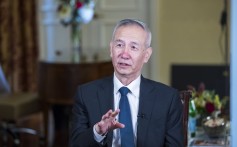
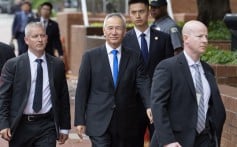
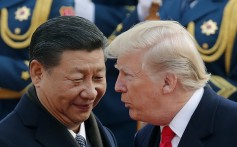

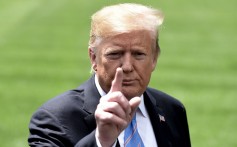
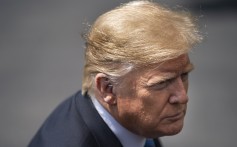
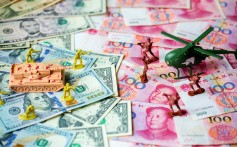

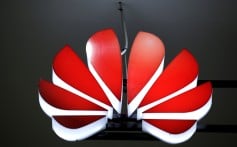
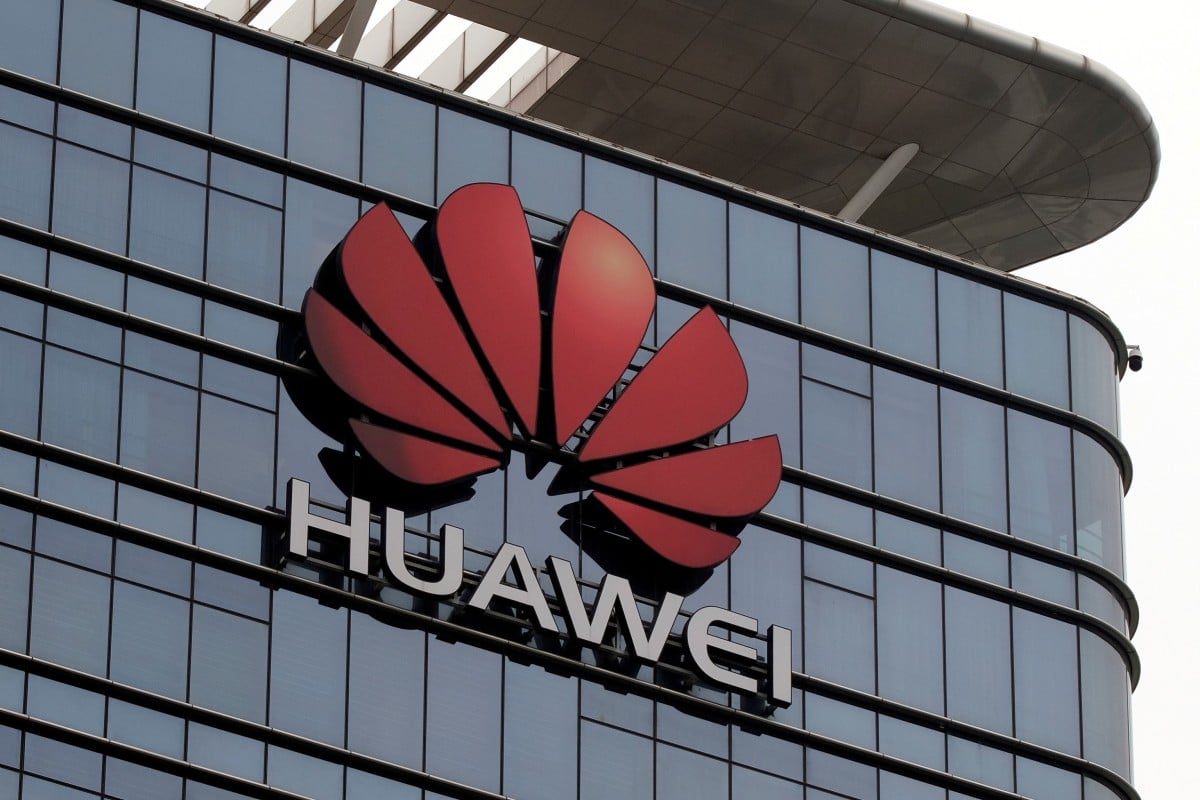
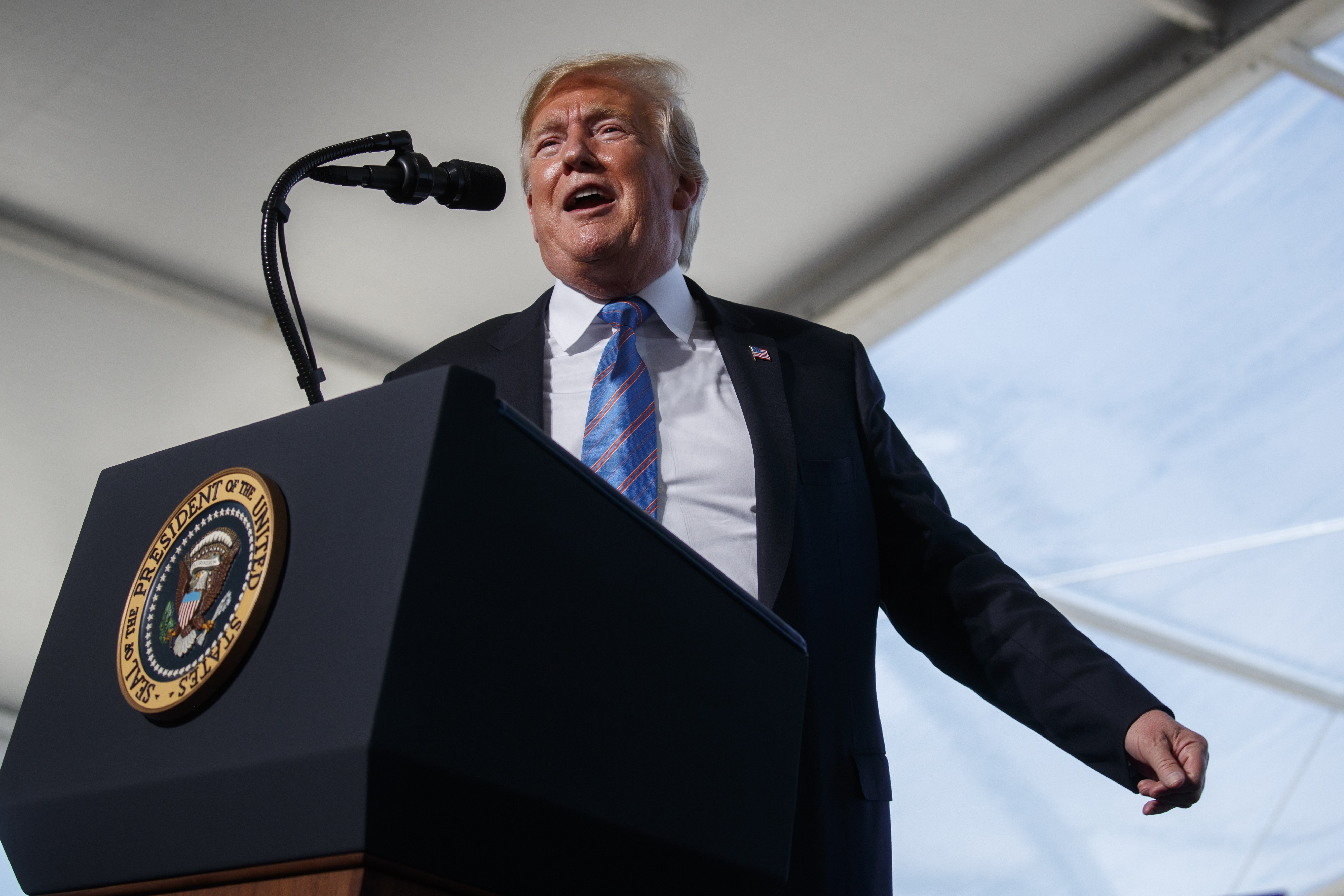
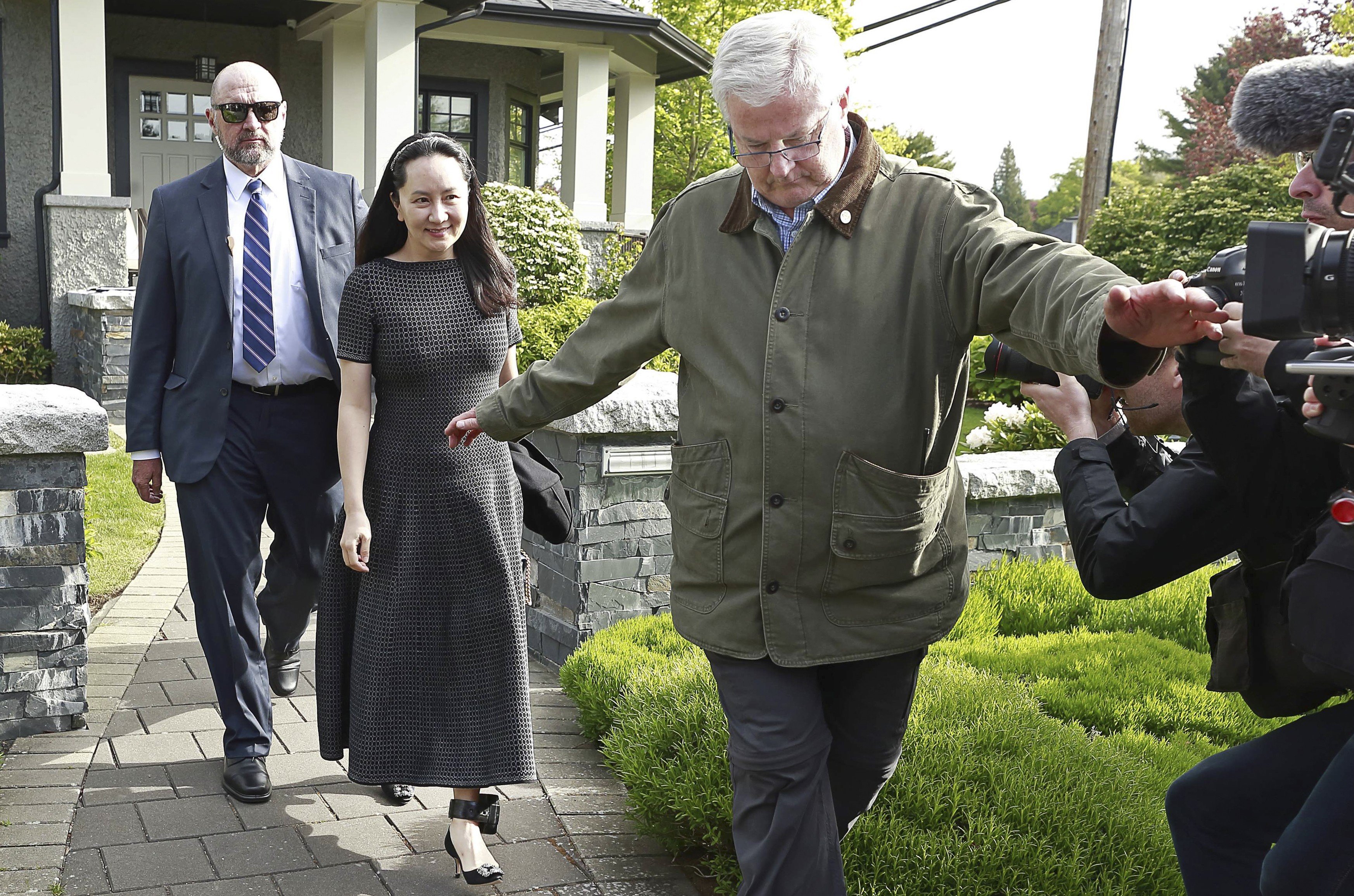
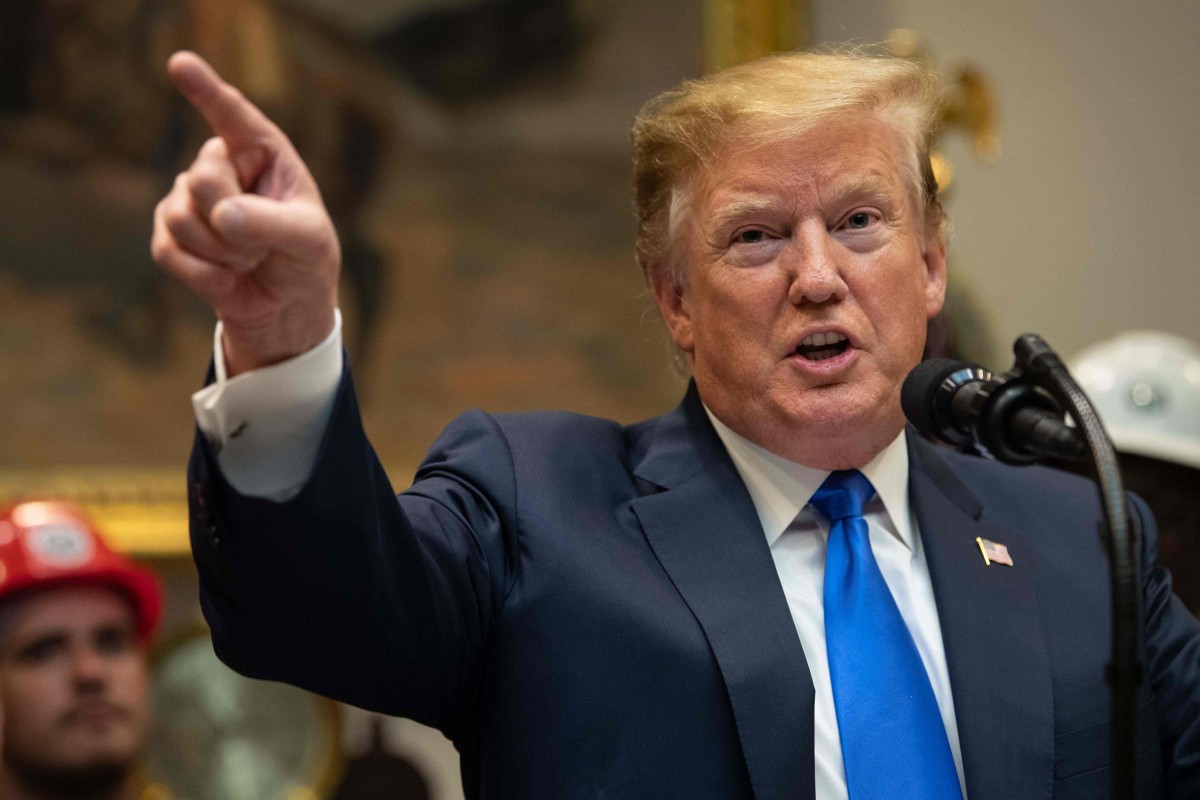


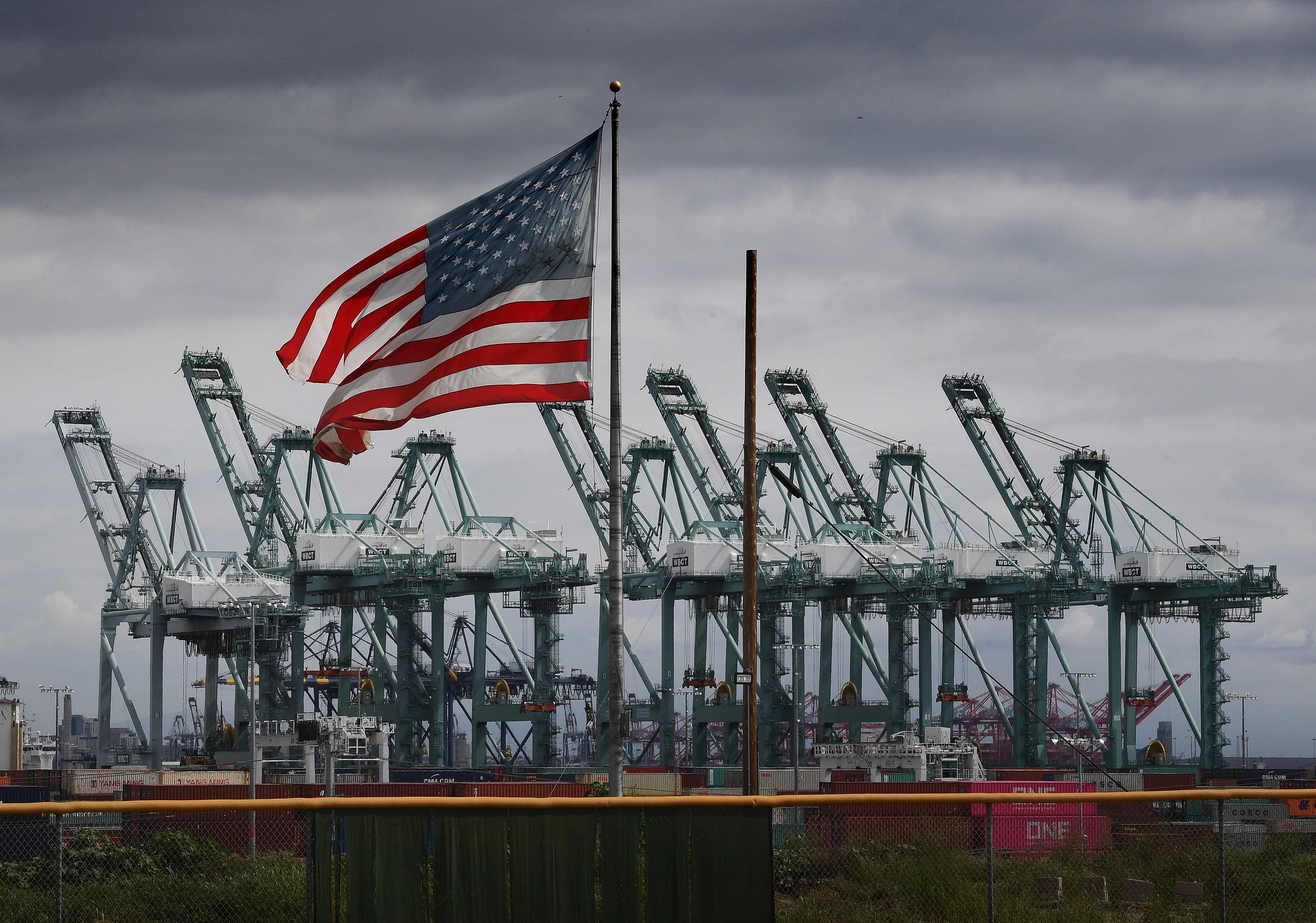
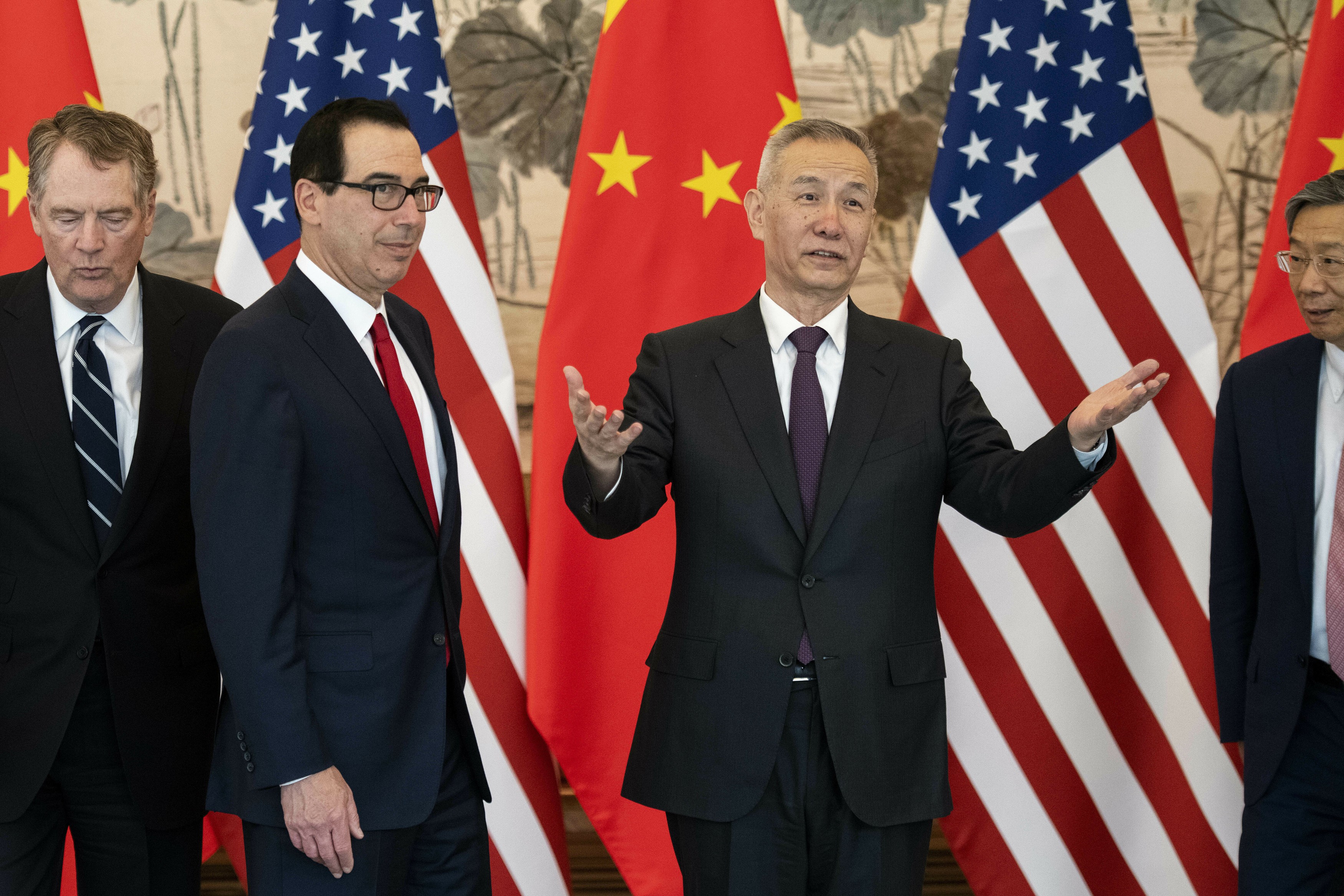
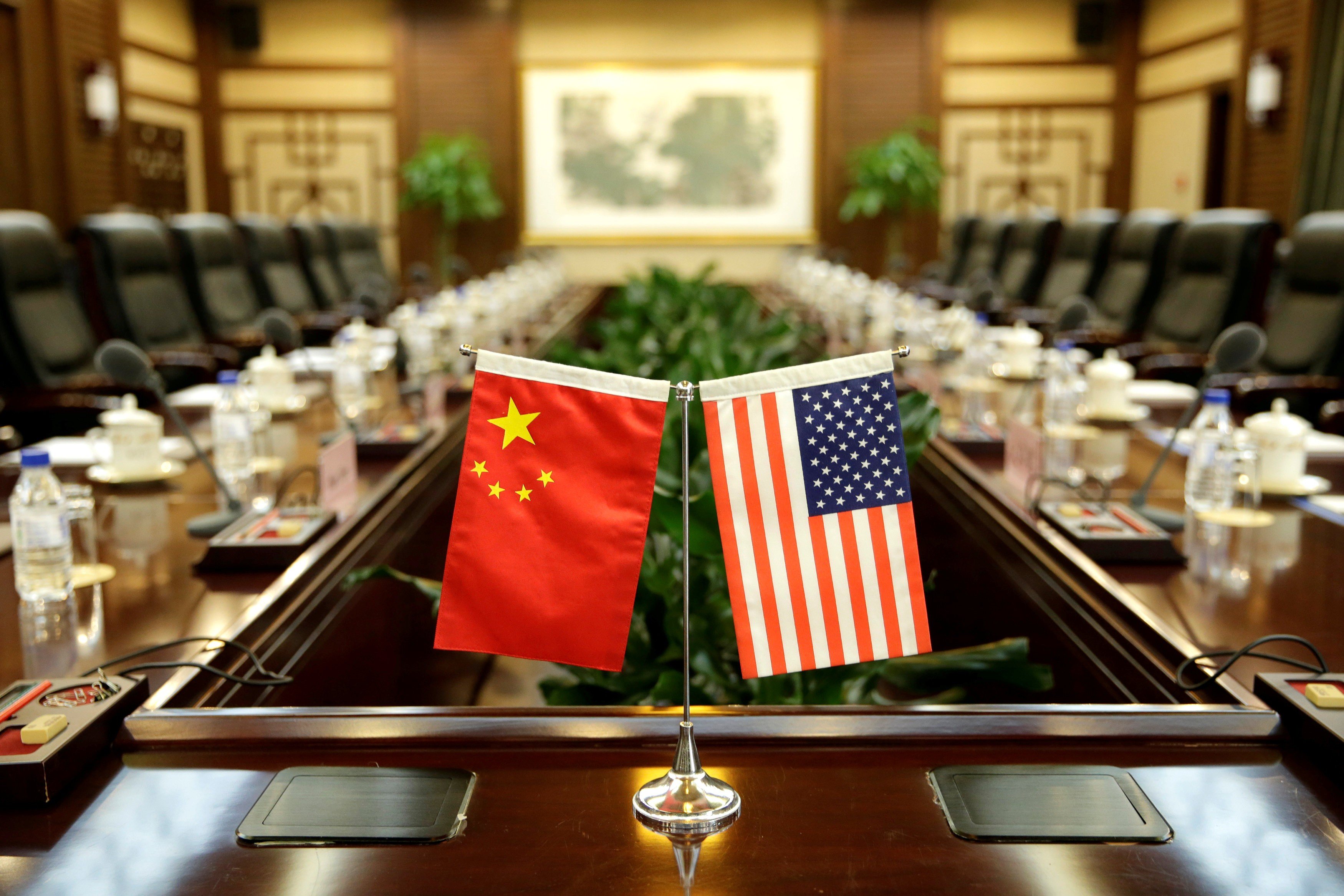
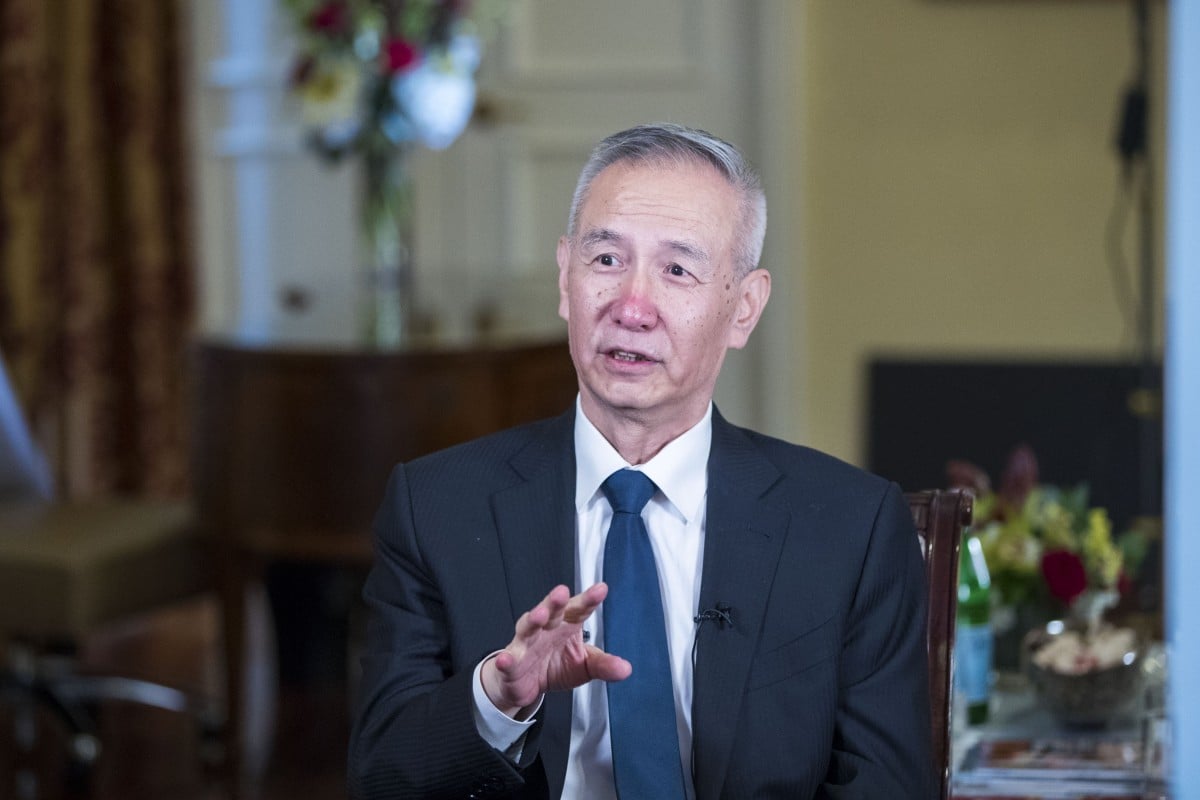
No comments:
Post a Comment
Comments always welcome!